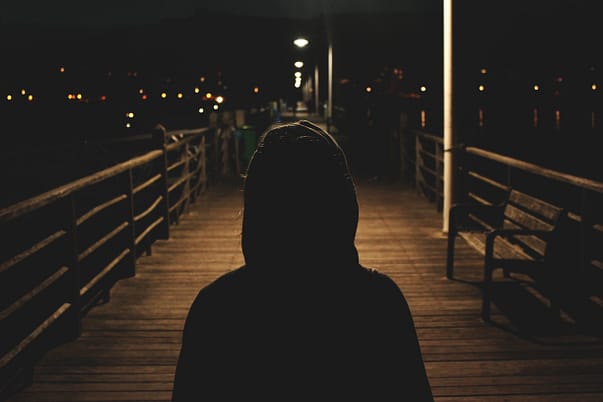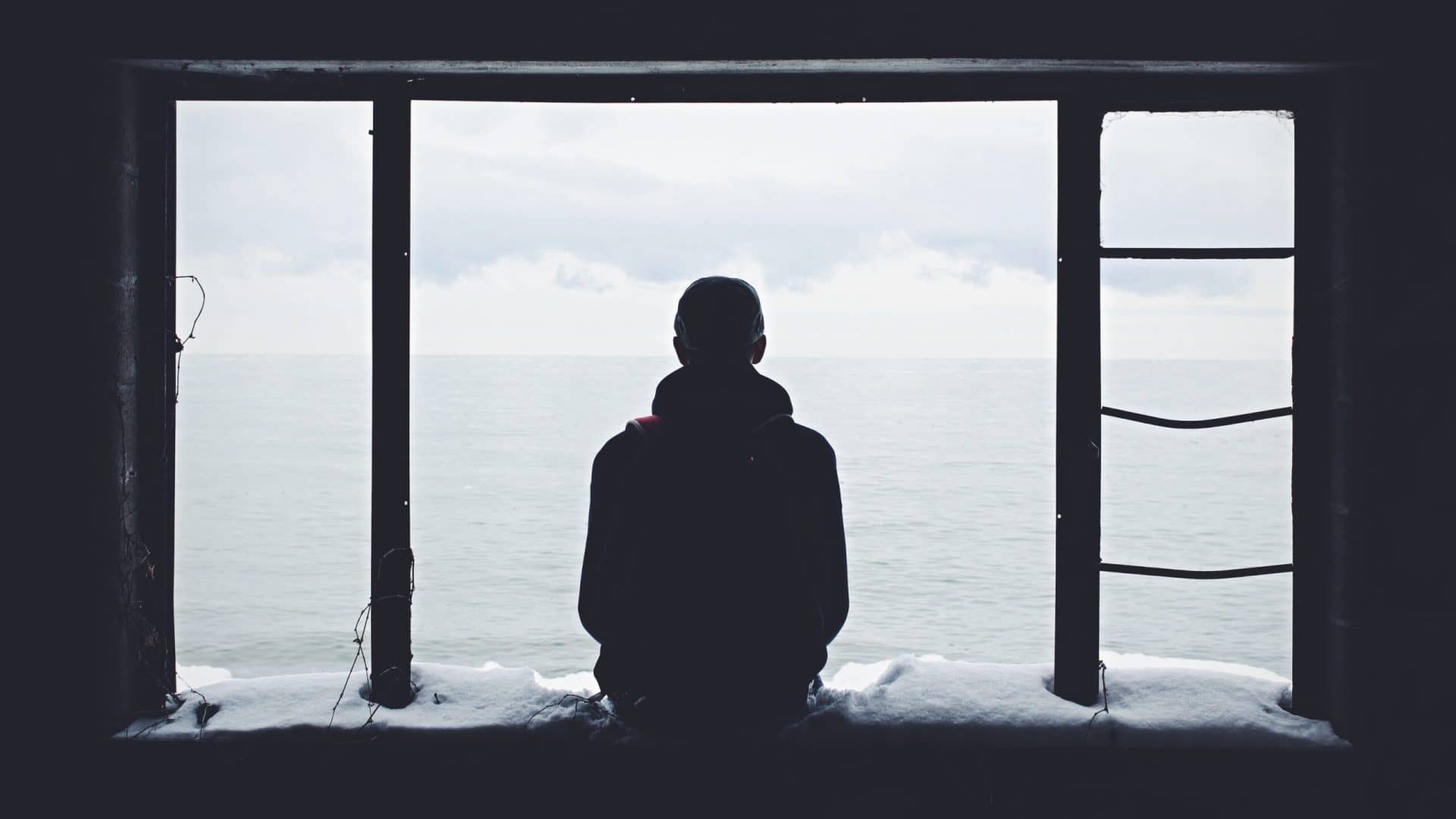At this year’s Department of Mental Health Multicultural Mental Health Conference: Health Integration through a “Who-lisitc” Approach, keynote speaker Jorge Partida Del Toro, Psy.D, discussed the consequences that arise from lack of community. With a focus on cultural awareness, Del Toro asked the audience to think critically about how we integrate, align, and ally with others, especially when divisions get in the way. Del Toro claimed that “isolation leads to mental illness, distortion of reality, and addiction,” all of which are the opposite of empowerment.
I live with Major Depressive Disorder among other mental illnesses and since my occupation is bound to the academic calendar, the summer season is my least favorite. While students and staff around me ache for their long summer vacation, I become consumed with feelings of apprehension and worry. With so much time away from a structured schedule and people to interact with, I am left to my own devices for two-three months in the middle of the year. When Del Toro said that isolation leads to mental illness, I immediately thought of how my symptoms augment during the summer – even with the support of psychotropic medications and a treatment team.
During this time alone, I get to taking inventory of all that I don’t have and sincerely long for. More specifically, I wish I had a place to belong. A family, or a chosen family (as storied by Patrice Cullors in “When They Call You a Terrorist”), a group of people to depend on. In “All About Love”, bell hooks explains that since humans are social creatures, it is imperative for us to live in communion. It is the only way we will truly know love, either platonic, romantic, or familial. It is within a community that we are able to break apart and have others put us back together. It is within a community that we can offer ourselves wholeheartedly and be received reciprocally. It is within a community that we feel the safest.
I long for this.
Culturally and socially, we’re encouraged to go at it alone. Mejor sol@ que mal acompañad@ (Translation: “Better alone, than with bad company”). Trust no one, not even yourself. I’ve got my own back. People are born alone and they die alone. At least in solitude, no one gets hurt.

Even now as a fully grown woman, when I interact with others, I can hear my mom in the background telling me that there’s no such thing as friends. I doubt I’m the only person who was raised to fear trust and relationships. Parents have a way of projecting their own apprehensions on to their children to the point that they become ingrained and just as far-reaching. It has taken so much time and work to un-learn the teachings from my mother and the gang-ridden environment I was raised in. Capitalist greed perpetuates similar notions; that money actually can buy happiness and that success often comes at the price of hurting others on the way up. All these influences contradict the basic human need for connection.
It is no wonder that solitary confinement has proven to be the least effective form of rehabilitation for prisoners. Locked away for an indefinite amount of time, prisoners in solitary confinement lost their abilities to think clearly, control their impulses, and concentrate. Further, they develop obsessions, paranoias, hypersensitivity to sights and sounds, and hallucinations. All in all, solitary confinement pushes prisoners to lose their sense of hope and ultimately, the prisoners become a danger to themselves. From a biopsychosocial standpoint, unstructured solitude could be detrimental for humans.
In thinking about Del Toro’s keynote and my own experience with summertime sadness, I can’t help but agree with the assertion about the risks that isolation brings. Community and communion combat isolation and loneliness – when we are positive we not only accept and affirm ourselves, we are able to affirm and accept others. Imagine what changes would come about in our world if we upheld and supported one another. There is nothing to gain in greed and destructive criticism. We are immersed in enough troubles that we only make things worse for ourselves and others when we demean, dismiss, degrade, and devalue the experiences of others. Self-love cannot flourish in isolation. In our heart of hearts, the common ground that connects us all is our shared longing for love. We all have the capacity to love and we yearn to be loved, however, we have been socialized to move away from the community and collectivity. As a result, we miss out on opportunities to foster love with each other.
By coming together and creating safe spaces to live authentically and accept unconditionally, we can work against the illnesses put upon us by patriarchal capitalism and move toward the wellness we all deserve. In the famous words of Malcolm X, “when ‘I’ is replaced by ‘we’, illness becomes wellness.”
Cover Photo by Noah Silliman on Unsplash
Photo 2 by Paul Garaizar on Unsplash
Born & raised in Inglewood, CA, Angela combines her education and life experience of community inequity, family violence, and mental illness to de-stigmatize mental health.
-
TheHoodSocialWorkerhttps://psychosocial.media/author/thehoodsocialworker/June 5, 2019
-
TheHoodSocialWorkerhttps://psychosocial.media/author/thehoodsocialworker/June 12, 2019
-
TheHoodSocialWorkerhttps://psychosocial.media/author/thehoodsocialworker/July 17, 2019
-
TheHoodSocialWorkerhttps://psychosocial.media/author/thehoodsocialworker/August 29, 2019






















2 thoughts on “Isolation Breeds Mental Illness”
I am really enjoying the theme/design of your site. Do you ever run into any internet
browser compatibility issues? A number of my blog visitors have complained
about my site not working correctly in Explorer but looks great
in Firefox. Do you have any suggestions to help fix this problem?
Thank you for your comment! I haven’t run into any problems. Although, initially it was difficult making the site function in both mobile and desktop. For some reason one mode was always off. It works fine now!